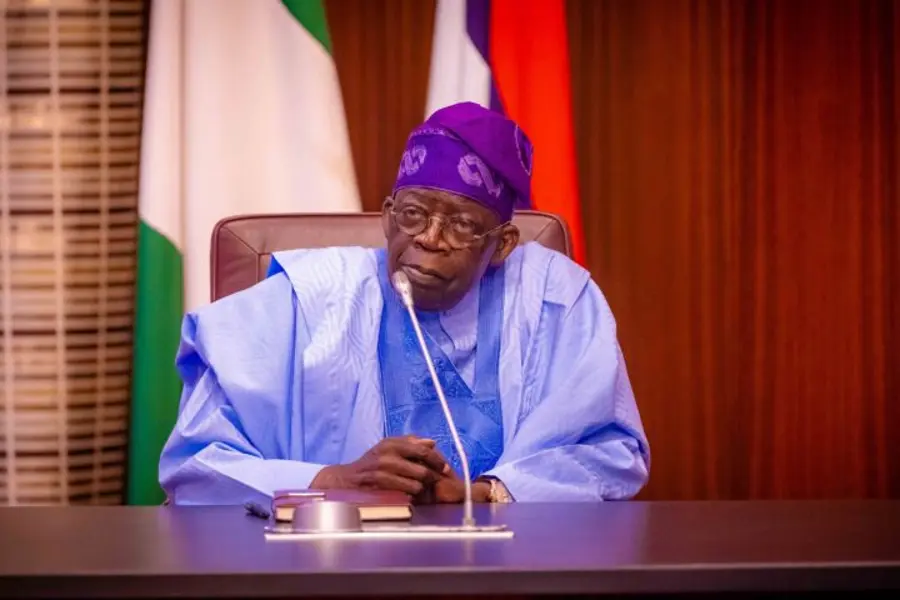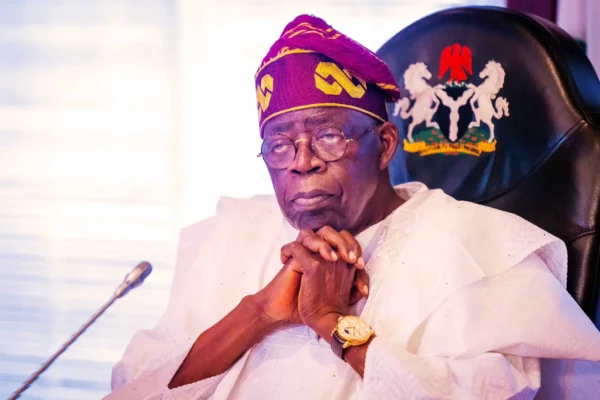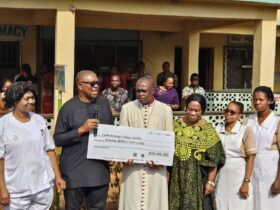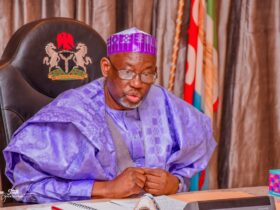The federal government remains committed to its plan to generate $100 billion from Nigeria’s creative economy.
Hannatu Musawa, the Minister of Art, Culture, Tourism, and Creative Economy, also affirmed the government’s dedication to creating and sustaining two million jobs in the sector.
Musawa made these remarks during the launch of a project aimed at advancing evidence-based policies to enhance the contribution of creative industries to sustainable development.

The initiative, held in Abuja, is supported by the European Union (EU) and the United Nations Educational, Scientific and Cultural Organization (UNESCO).
Highlighting the importance of the sector, the minister emphasized that cultural, creative, and tourism industries are vital components of Nigeria’s national economy and key drivers of its development.
Representing Musawa at the event, Roshan Nanayakkara, Special Assistant on Monitoring, Evaluation, and Heritage, noted that this effort aligns with President Bola Tinubu’s Priority No. 7: “Accelerate Diversification Through Industrialisation, Digitisation, Creative Arts, Manufacturing & Innovation.”
READ ALSO: ‘Nigeria Would Be Better Today If Peter Obi Had Won,’ Says Sen. Enyinnaya Abaribe
“The prioritisation of the sectors are reflected in the presidential decision to create a sector specific Ministry of Art, Culture, Tourism and Creative Economy to enable and develop the sectors for the increase of sectoral GDP contribution by generating $100 Billion and the creation and sustenance of 2 million jobs.
“For this goal to be achieved, our first step is to enable the industry for rapid development through key initiatives outlined in our 8-Point Plan.
“Key amongst the components of this plan is the development of policy and regulatory frameworks for the advancement of the sectors.
“This is significantly reflected in our efforts to ensure the development, review and launch of three separate policies in one year.
“These policies include the National Intellectual Property Policy and Strategy (NIPPS); the National Cultural Policy and the National Tourism Policy,” she said.
She stated that these key policy frameworks would focus on supporting their respective industries by aligning objectives, facilitating enabling regulations, and providing sufficient government support.
“Let me assure you, President Bola Ahmed Tinubu, GCFR, is focused on ensuring sustained partnerships for national development.
”The president is also keen on creating the right framework that encourages ease of doing business, serves the public interest and helps us attract investment into the cultural, creative and tourism sectors of the economy,” she said.
Abdourahamane Diallo, the Head of the UNESCO Abuja Regional Office, stated that the EU-UNESCO project is an initiative led by UNESCO to support the government, through its ministry, in developing frameworks for the cultural sector.
He explained that the initiative focuses on culture and policy, emphasizing capacity-building for state actors and agencies in cultural areas.
Additionally, it serves as a platform for fostering international cooperation in culture and cultural policy.
Gautier Mignot, Ambassador of the EU Delegation to Nigeria and ECOWAS, highlighted that the project aims to strengthen the creative industry and enhance its contribution to sustainable development in the country.
(NAN)
Follow the Parallel Facts channel on WhatsApp: https://whatsapp.com/channel/0029VaCQSAoHgZWiDjR3Kn2E









Leave a Reply